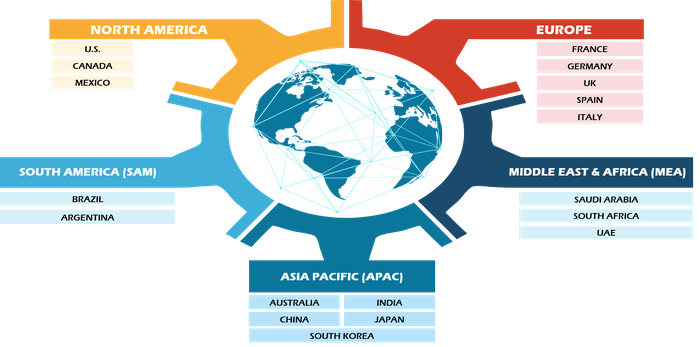The evolution of MSPs from hourly-based services to recurring, fixed-fee, proactive managed Outsourced NOC services underscores the importance of well-defined contracts. These contracts serve not only as legal safeguards but also as tools to manage client expectations and negotiate terms effectively.
Contracts articulate key elements such as service scope, liabilities, duties, and other responsibilities associated with the MSP’s role. They often include confidentiality clauses to legally safeguard shared private information between organizations. Meticulously crafted contracts act as insurance against potential misunderstandings or conflicts, fostering productive professional relationships.
Various types of contracts are essential for MSPs to ensure proper compensation and protection. A Service Level Agreement (SLA) establishes expectations for services, response times, and resolutions. A Statement of Work (SOW) documents engagement requirements, while a Master Service Agreement (MSA) defines the overall scope and obligations of the relationship.
Regularly revisiting contracts, ideally annually, allows for updates in response to changing services or payment terms. This ensures alignment with industry standards, preventing disadvantageous costs due to outdated agreements.
When formulating MSP contracts, consider essential elements:
- Parties Involved: Clearly define roles and relationships.
- Services Specification: Explicitly outline services, covered devices, and exclusions.
- Service Location: Clarify remote or on-site services, rates, and client locations.
- Operational Details: Define operating hours, holidays, response times, contract duration, and cancellation terms.
- Process Details: Specify service request processes, issue escalation, payment expectations, and frequency.
- Confidentiality Commitment: Assure clients of data confidentiality.
- Non-Hire Clause: Caution against direct engagement with MSP employees.
- Quality Standards: Define criteria for accepted devices and software.
- Liability Considerations: Address warranties, disclaimers, indemnification, and remedies.
- General Provisions: Incorporate critical boilerplate text for contract enforcement and effectiveness.
Adhering to best practices in managed services contracts involves considering pricing models, intellectual property protection, data protection, witness signing, legal reviews, and regulatory compliance. A well-structured contract ensures mutual protection and maximizes the benefits derived from the agreement.





